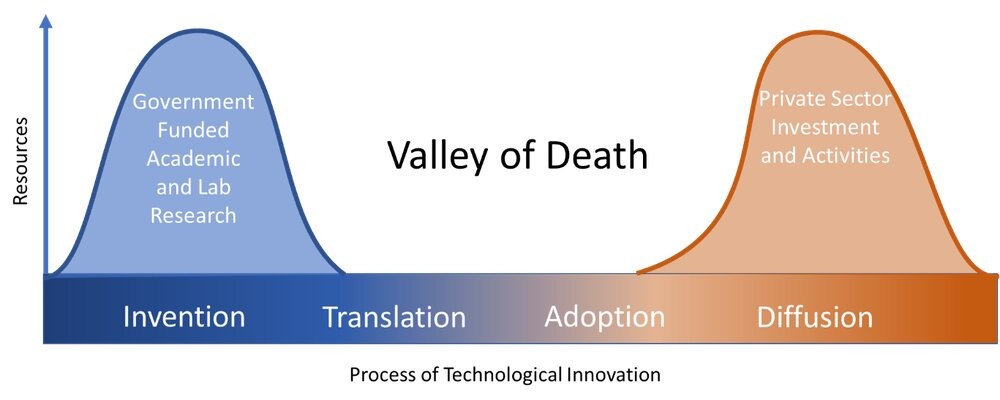Cornell University recently conducted a groundbreaking study that advocates a radical change in the perception of Bitcoin mining, often seen as environmentally damaging due to the enormous electricity consumption required. According to Cornell researchers, in fact, Bitcoin mining could instead become a driver for the transition to renewable energy, helping to mitigate climate change instead of accelerating it.
The study
The research paper, titled 'From Mining to Mitigation: How Bitcoin Can Support Renewable Energy Development and Climate Action,' published in the prestigious journal ACS Sustainable Chemistry & Engineering, examined planned renewable energy projects in the United States and assessed the profit potential of bitcoin mining during the pre-commercial development phase, a phase in which green power plants generate electricity but are not yet integrated into the grid.
The 'valley of death'
All renewable energy projects, especially new ones, suffer from what is called the 'valley of death of innovation', a problem that we can see even in simple start-ups and which causes many initiatives to fail.
There is in fact a time lag between the R&D and commercialisation phases in which many projects die. This happens because in the R&D phase they have consumed all available economic resources and have none to sustain the project until private investors arrive and it is adopted.

The Cornell study shows that for energy projects, bitcoin mining would allow the energy produced from the experimental stages to be used in economic value, thus helping to economically support the project as it passes through the 'valley of death' This value in some cases is calculated to be in the millions of dollars.
The potential for companies
One of the most interesting aspects of the study emerged in the analysis of the state of Texas, identified as having the greatest potential. With 32 renewable energy projects under development, Texas could generate profits of as much as $47 million using bitcoin mining during pre-commercial operations. Projects such as Aktina Solar and Roseland Solar have proven to be particularly profitable, generating as much as $3.23 million in profit. At Alps Blockchain, we have taken a similar approach in Italy, integrating mining farms within Italian hydroelectric power plants. This has shown that mining can be an ally of the hydropower sector, converting water into computing power and generating new profits. Power producers can reinvest these profits to improve the structure and production potential of Italy's historical hydropower plants, which would otherwise be unprofitable due to the expiration of state incentives they have relied on for years.
The authors suggest the possibility of triggering virtuous circles: the granting of incentives or rebates to sustainable mining farms will attract the most virtuous miners, they will support the projects by purchasing their energy and stabilise the electricity grids, all of which reduces the environmental impact and leads to a faster transition to green energy and reduced carbon emissions.
Although the authors acknowledge that cryptocurrency mining still incurs environmental costs, such as metal consumption and hardware obsolescence, they believe the study's findings point to ways to mitigate some of these impacts and have a clearly positive overall account.
The study was partially funded by the National Science Foundation.








